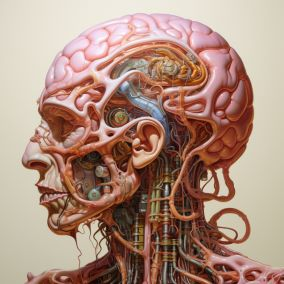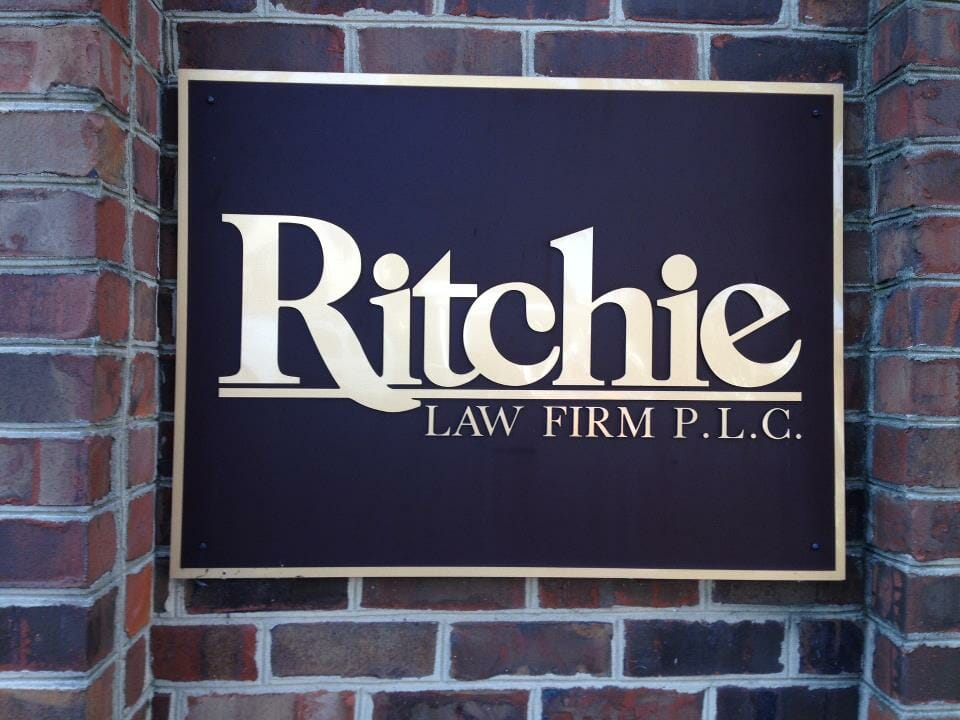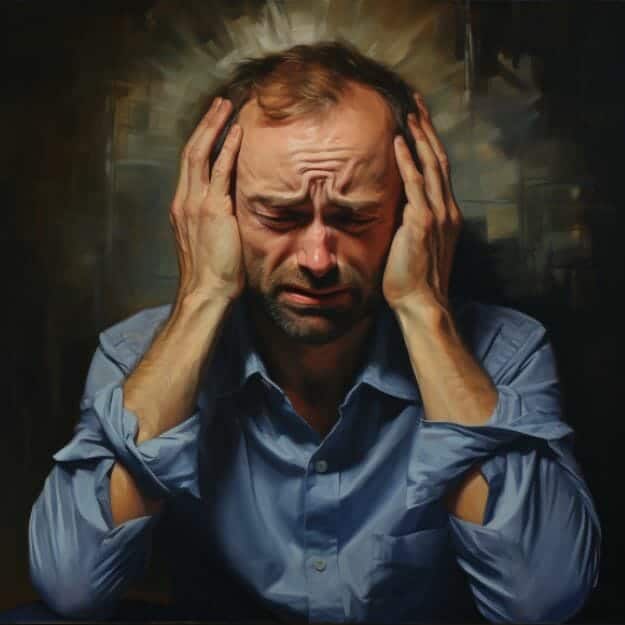Managing Traumatic Brain Injury Symptoms
A traumatic brain injury can cause many symptoms, both long-term and short-term. Those symptoms typically fall into four primary categories: emotional, cognitive, sleep, and physical symptoms. Methods for managing traumatic brain injury symptoms will vary depending on whether there are severe injuries. The severity of the symptoms in those categories usually depends on the severity of the traumatic brain injury itself.
Severe Traumatic Brain Injury TBI
If you or a loved one suffered a severe head injury, there may have been an inpatient stay in a hospital with various rehabilitation services offered. The brain injury victim may have developed hemorrhaging, hematomas, or other severe head injury traumas. A severe traumatic brain injury (severe tbi) may carry lasting residual symptoms for many years. Some of the symptoms causes by severe head injuries are outlined below.

Mild Traumatic Brain Injury TBI
Even though a mild head injury may not be as severe initially as a more severe tbi, mild tbi injuries may still cause lasting effects. Some of the effects of a mild traumatic brain injury tbi may span the entire range of symptoms and include emotional, cognitive, sleep, and physical symptoms. Continue reading for information on managing traumatic brain injury symptoms, including those caused by mild tbi.
Managing Traumatic Brain Injury Symptoms
The Brain Trauma Foundation and other trauma quality improvement program offer suggestions to trauma patients for preventing and dealing with head injuries and other brain damage. Some of these suggestions are listed below:
Emotional: Why behaviors and Emotions Can Change After TBI
After a traumatic brain injury or closed head injury affecting the frontal lobe, the brain injury victim may experience changes in their emotions or behaviors. The frontal lobe controls impulsivity and governs one’s personality. After a frontal lobe or other closed head injury, traumatic brain injury victims may find that they have trouble managing their anger, they may make inappropriate comments, they may be more prone to verbal or physical outbursts, and may find themselves intolerant of many things that never bothered them before.
Victims of traumatic brain injuries may also find themselves experiencing much more frequent mood swings. The mood swings aren’t necessarily always negative. Sometimes the brain injury sufferer can experience episodes of uncontrollable crying or unpredictable laughing. Many times, the emotion being expressed (laughing or crying) may not accurately reflect how the brain injury sufferer is actually feeling.
When victims of traumatic brain injuries don’t get the rest they need after the injury to heal properly, they may experience emotional flooding. This can happen when the brain injury sufferer participates in activities or is stimulated past the point of fatigue. Emotional flooding can cause symptoms, such as uncontrollable episodes of crying.
Lastly, depression and anxiety are frequently seen in traumatic brain injury victims, sometimes even years after the injury occurs. Depression is defined as a sadness or feeling of despair that can last for a short period of time or a lifetime and negatively impacts a person’s enjoyment of life. While depression can be caused from chemical changes in the brain, it can also be caused by a traumatic brain injury with symptoms that include:
- Decreased concentration
- Decreased energy
- Loss of appetite
- Difficulties with sleeping
- Decreased desire to participate in social activities
- Slowed thinking or movement
Anxiety is defined as a sense of fear or worry that is often unshakable. Anxiety can cause difficulty sleeping as well as difficulty concentrating and completing tasks.

Managing Emotional problems after Traumatic brain injury
Managing emotional problems after a severe traumatic brain injury or even a mild tbi can be challenging. Many times, our attorneys recommend moderate or severe tbi sufferers be seen by a neuropsychologist to assist with recovery from a head injury. Additionally, joining a support group or other counseling group may assist with overcoming emotional problems related to a severe traumatic brain injury. In addition to these options, a traumatic brain injury victim will need support from family and friends to ensure a complete recovery.
Some additional tips and suggestions include:
- Avoid situations or people who might trigger an emotional or inappropriate response;
- If you feel overcome with emotion, you can ask others around you for a break and then resume the conversation at a later time;
- Try to maintain a regular exercise plan;
- Talk to family and friends about your concerns and ask for emotional support. Sometimes just getting stressors off your chest can improve your emotional condition.
Cognitive
Cognitive problems that develop after a traumatic brain injury often involve difficulties with:
- attention and concentration
- trouble finishing a project or task
- difficulties carrying on long conversations
- difficulties reading and understanding written material
- trouble with tasks that require multiple steps
- trouble analyzing information
Managing Cognitive Problems After Traumatic Brain Injury
Some tips to help manage cognitive problems after a severe head injury include:
- Decrease the number of distractions surrounding you
- Try to limit your focus to one task at a time
- Build in more time to complete tasks
- Take notes and write down reminders
- In a conversation, repeat what you think you heard to confirm
- Maintain a regular daily routine
- Break down activities into smaller steps

Sleep
Sufferers of traumatic brain injury tbi often experience difficulty sleeping. For many head injury victims, getting the needed quantity and quality of sleep may seem nearly impossible. Quality sleep as well as the right quantity of sleep are very important after a traumatic brain injury tbi to ensure the best possible recovery. Some side effects of poor sleep include:
- Lack of energy
- Anxiety/depression
- Lack of concentration and increased risk of accidents
- Increased irritability
Managing Sleep Problems After a Traumatic Brain Injury TBI
Tips for managing sleep problems after head injuries include the following:
- Avoid napping and drinking caffeine within close proximity to bedtime
- Try to maintain a regular exercise routine
- Create a restful atmosphere in your bedroom, free of distractions
- Talk to your healthcare provider about the possibility of medications that may help with regulating your sleep
Physical or Other Injuries
Victims of a head injury may also complain of physical symptoms such as:
- Headaches
- Ringing in the ears
- Post traumatic seizures
- Dizziness and balance problems
- Blurred vision
- Speech problems requiring speech therapy
Managing Physical Symptoms After a Head Injury
For treatment of headaches after traumatic brain injuries, many times medical management through the use of medications are offered. Your healthcare provider may try medications such as tricyclic antidepressants or migraine medications for uncontrolled migraines. Other medical treatments and relaxation techniques may also help to minimize headaches occurring after traumatic brain injuries. Additionally, medications are typically administered when seizures occur after a traumatic brain injury.
For vision problems occurring after more severe head injuries, several helpful tips include:
- Using stronger lighting or changing environments when attempting to read
- Using magnification
- Using certain assistive technologies to make reading and using a computer less difficult
When Should I Hire a Virginia Brain Injury Attorney?
Because traumatic brain injury cases can be complex and have devastating consequences, it’s important for brain injury victims to seek legal services as quickly as possible. In Virginia, TBI victims typically have two years from the date of the injury to file suit in a traumatic brain injury case. Please note, that there are factors which may change the statute of limitations filing date. As a result, you should seek advice from a Virginia brain injury lawyer as soon as possible.
TBI cases can be quite complex because often they may involve substantial medical expenses, lost wages, a loss of future earning capacity, as well as permanent damage to the brain and other parts of the body.
A severe brain injury will require more immediate legal attention, since you will want a Virginia brain injury attorney working to help you navigate the medical treatment process as well as taking the lead on all communication from the insurance company.

Your Team for Your Traumatic Brain Injury: Virginia Brain Injury Lawyer
If you or a loved one has suffered head injuries due to someone else’s negligence, it’s important to seek legal representation from an experienced accident lawyer right away. Every traumatic brain injury tbi case is complex and a lawyer who regularly handles minor car accident cases will not necessarily be equipped to handle the more significant brain injury case. You will need to make certain the attorney you choose has experience with cases involving brain injuries.
The aftermath of an accident involving head injuries can be overwhelming and stressful, and you need an experienced brain injury lawyer on your side to fight for your rights and help you navigate the complex legal system. Don’t wait to take action, even if you have a mild traumatic brain injury, and don’t let insurance companies take away what is rightfully yours. Contact the Ritchie Law Firm, your Virginia brain injury attorney, today for a free case evaluation and begin the process of getting the compensation you deserve.
Contact the Ritchie Law Firm, your Virginia head injuries lawyer, by phone at 800-277-6124 or by using our online contact form.
Don’t Get Hurt Twice!
You can talk to us for FREE
Call today 800-277-6124, fill out the form below or
download our free ebook in the side panel.
800-277-6124
Ritchie Law Firm is a law firm comprised of Virginia brain injury lawyers helping individuals who have suffered serious and catastrophic injuries or lost a loved one as a result of a brain injury. Ritchie Law Firm serves all of Virginia, while helping clients in cities and surrounding areas of Harrisonburg, Charlottesville, Staunton, and Winchester also serves clients in West Virginia, including Martinsburg, WV.

